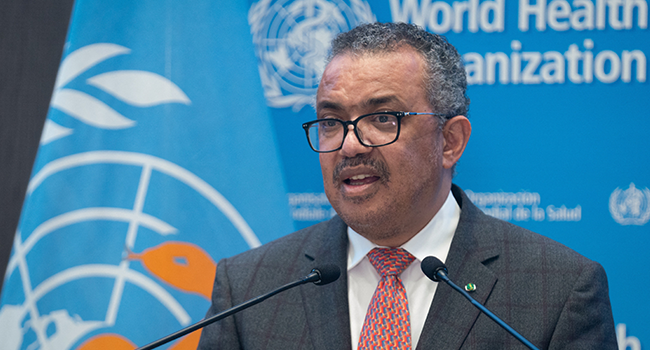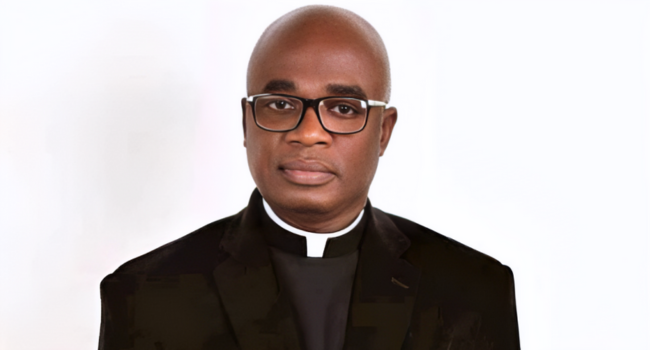
Germany is in a V-shaped economic recovery and should avoid a new phase of lockdowns, the economy minister said Tuesday, despite a resurgence of coronavirus cases.
German GDP is expected to fall 5.8 percent in 2020, a narrower recession than the 6.3 percent drop projected earlier, Peter Altmaier said, signalling that the country is emerging from the worst of the crisis.
Altmaier said Germany “can and will” avoid lockdowns like Germans lived through in March and April.
“Rising infection rates will be countered by targeted and regionally limited measures, so that the economic recovery can continue to develop gradually in the coming months,” he said.
The country, which has been more resistent to the pandemic than many of its neighbours, reported nearly 1,250 new cases of COVID-19 per day on average over the last week, compared with an average of less than 500 in July and August, and is starting to tighten restrictions again.
Last week, the government announced a minimum fine of 50 euros ($59) for anyone caught without a face mask in places where wearing one is compulsory, a ban on large events until the end of the year and new quarantine rules for travellers returning from regions with high case rates.
Chancellor Angela Merkel, a former scientist, has won plaudits and seen her approval ratings soar for her handling of the virus, but last week said coping with the outbreak will become more challenging in the coming months.
More than 9,000 people have died with COVID-19 in Germany since the first detected case in January, a lower rate than other major countries in Europe that lived through tougher lockdowns.
It tallies with Germany’s considerably better economic outlook.
France, for example, is expected to see its economy shrink 10.6 percent by the end of 2020, Spain 10.9 percent and Italy 11.2 percent, according to EU statistics.
– ‘Road to recovery’ –
Altmaier said Europe’s largest economy was experiencing “an unfortunately strong slump but then an unexpectedly fast recovery”.
Before a press conference, the minister even showed off a printed V-shaped chart for assembled photographers to highlight the bounce back.
The German economy slumped 9.7 percent in the second quarter of 2020, the “sharpest decline since quarterly GDP calculations for Germany began in 1970,” the federal statistics agency Destatis said previously.
However, the “low point of the recession” passed in May, according to the economy ministry.
Recent surveys have already shown an improvement in business sentiment in the country.
Meanwhile enemployment was stable for the third-straight month, at 6.4 percent in July, the German labour agency said in statistics published Tuesday.
Last week, the Ifo Institute said its monthly barometer of business confidence showed that companies were growing more and more positive about the economic situation, after the index plummeted to record lows in April.
“The German economy is on the road to recovery,” Ifo President Clemens Fuest said of the data.
German Purchasing Managers’ indices, another measure, have also shown expansionary trends since July.
The German economy is expected to grow 4.4 percent in 2021, although pre-crisis GDP levels will not be seen again until 2022, the economy ministry said.
AFP




